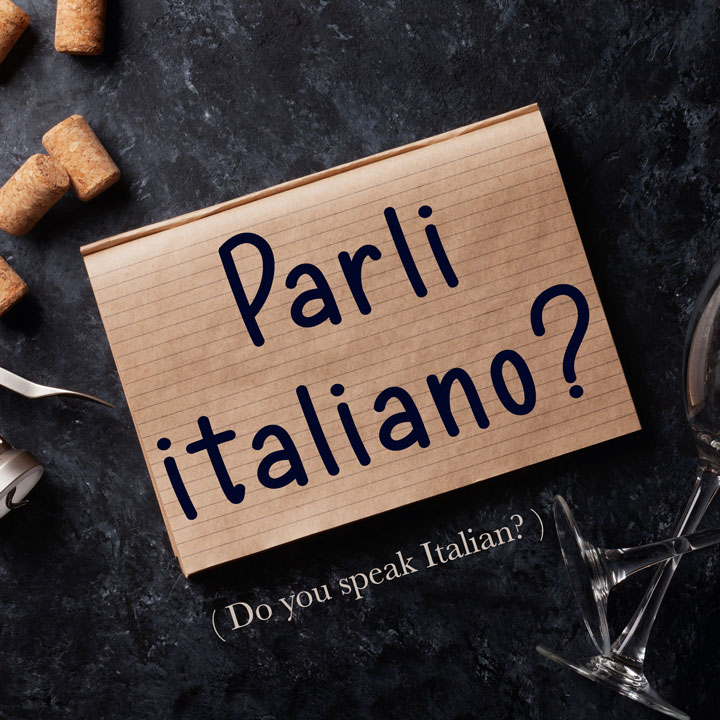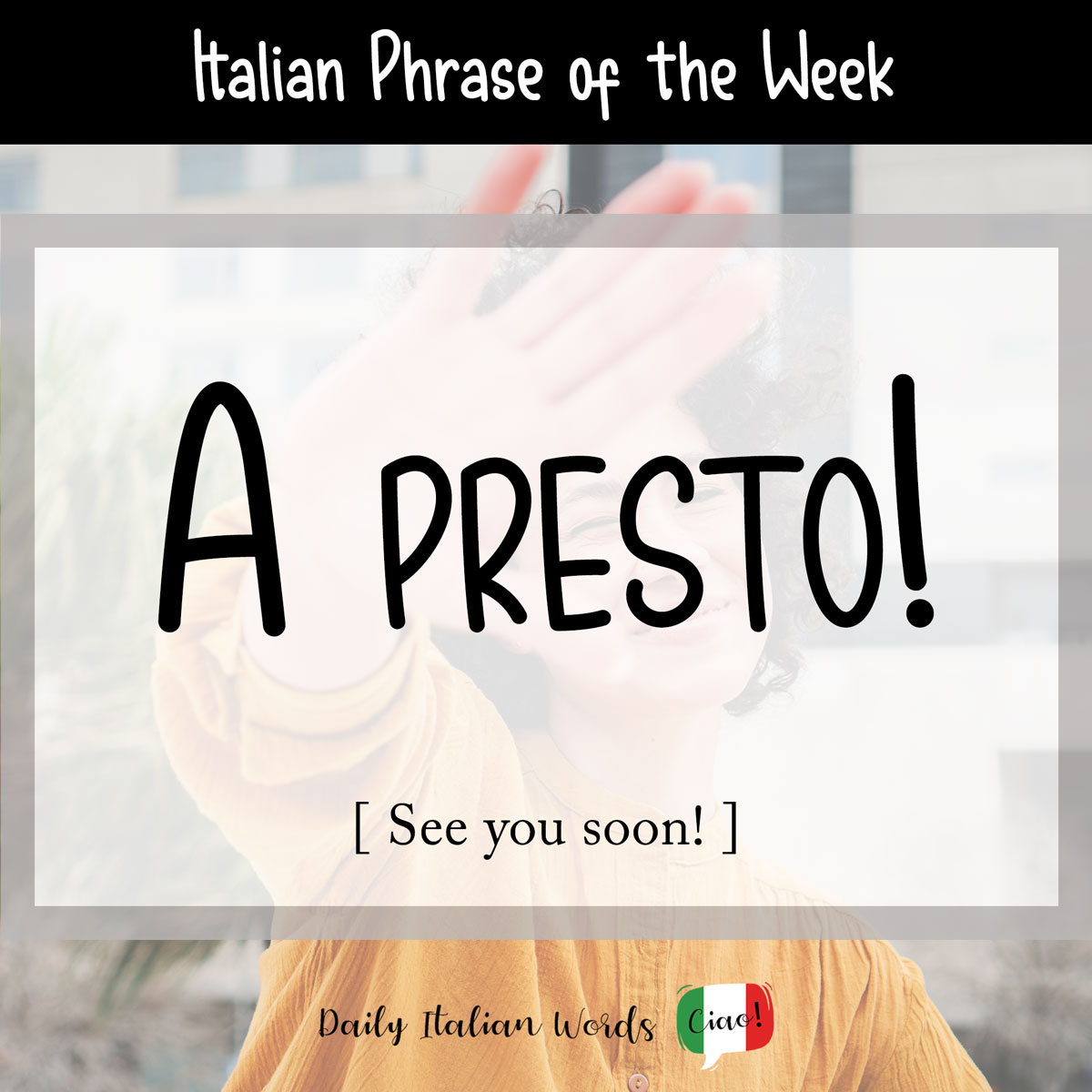Italian Phrase: Sto imparando l’italiano. (I’m learning Italian.)
If you are an English speaker living in Italy, it is important to let people know that you are currently learning the Italian language. Otherwise, some people, however well-intentioned they may be, might assume that you’d rather speak in English or try to practise their English on you. The best way to translate the phrase …






